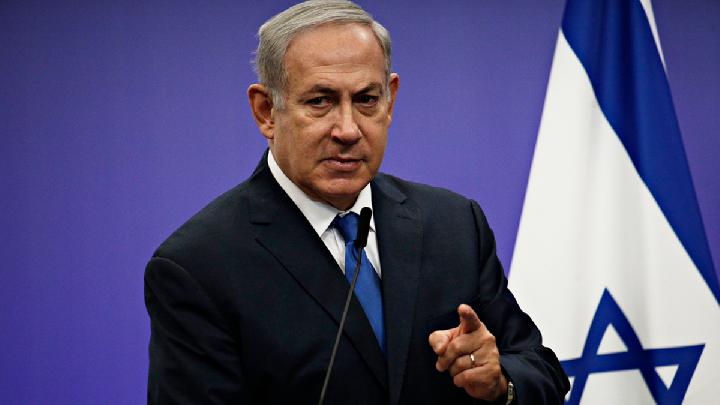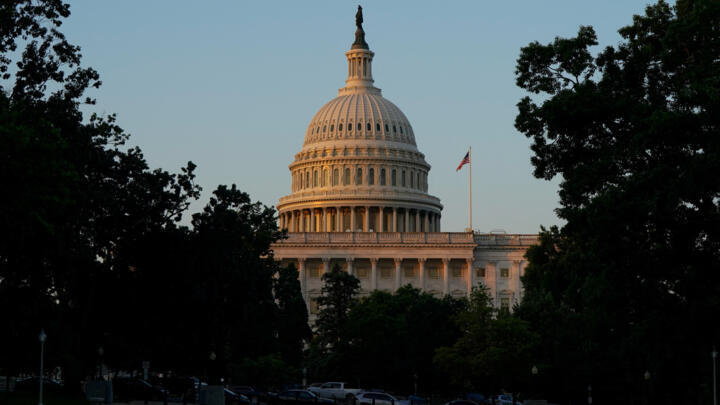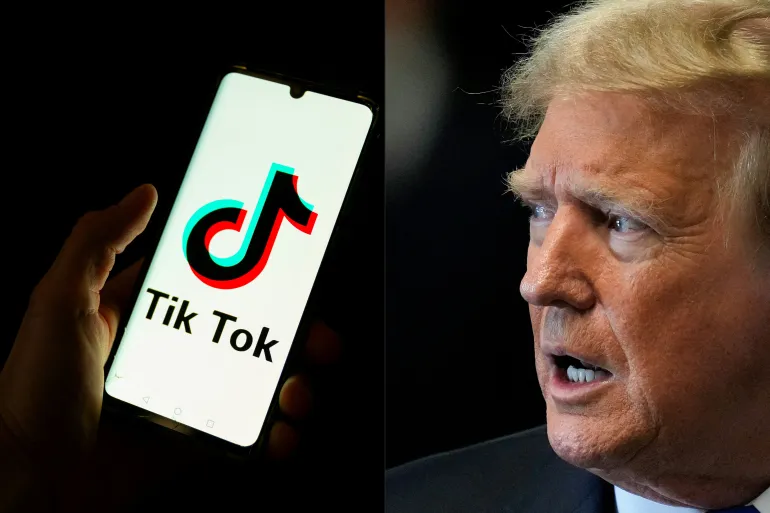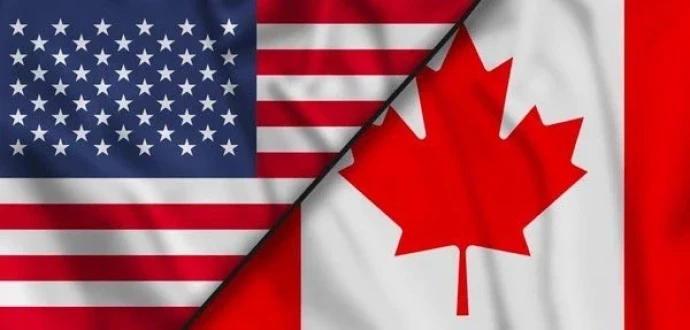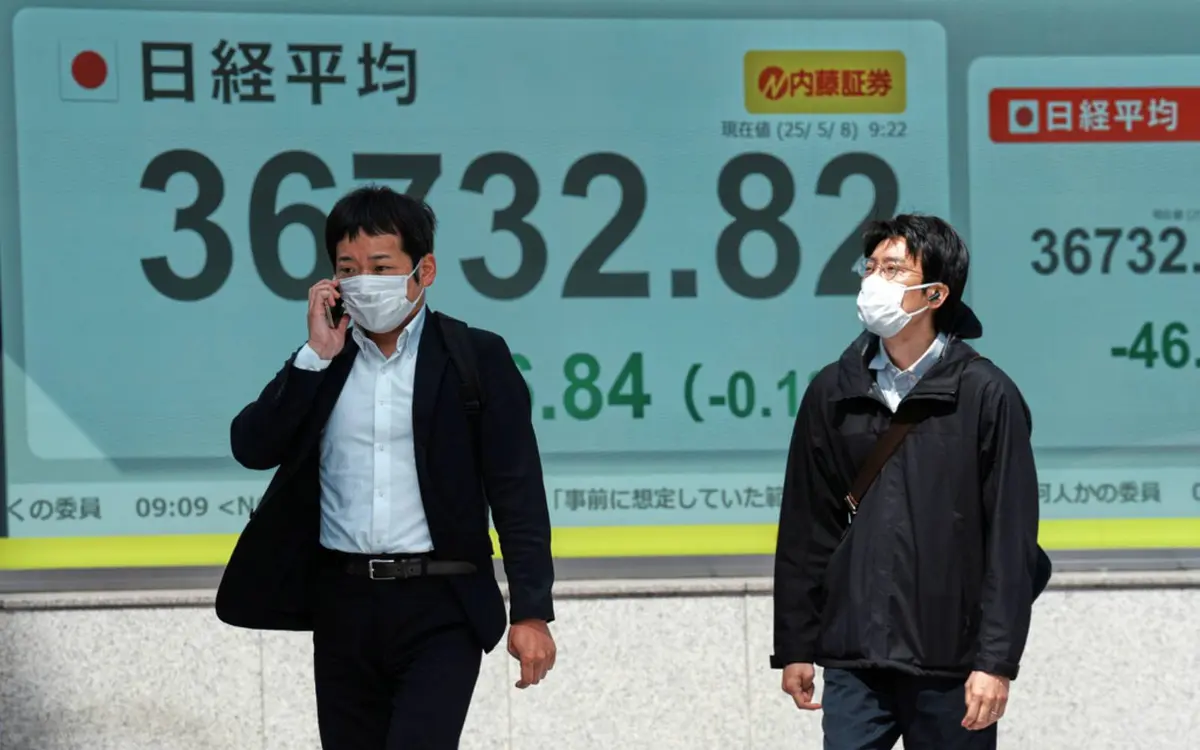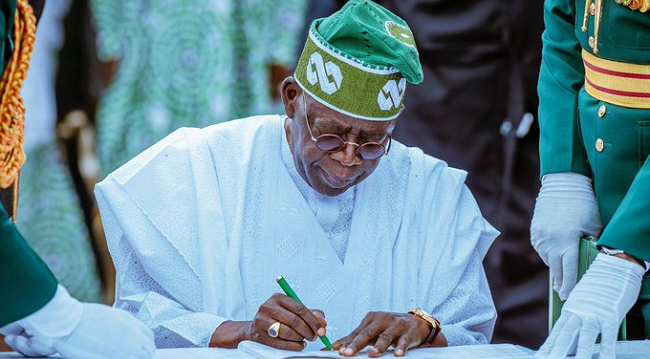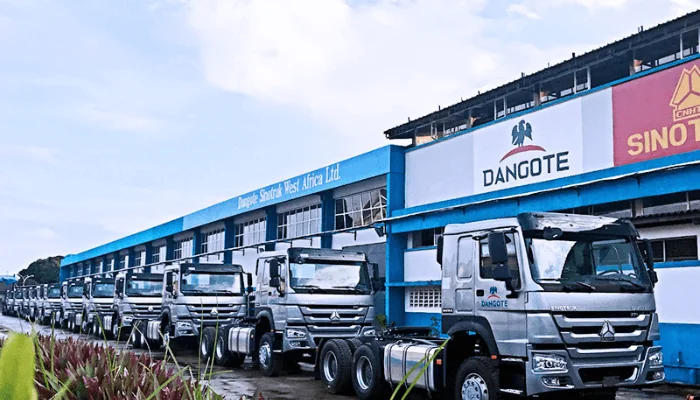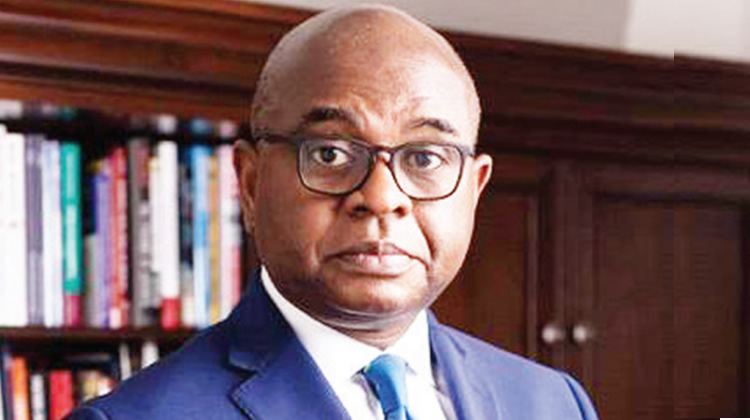Former Deputy Governor of the Central Bank of Nigeria (CBN), Kingsley Moghalu, has called on African countries to prioritize healthcare funding from their own resources, rather than depending on foreign aid.
Moghalu made the statement in a post on his X (formerly Twitter) handle, describing the over-reliance on external funding for healthcare as a poor strategy. His remarks come in response to U.S. President Donald Trump’s recent decision to withdraw the United States from the World Health Organization (WHO).
“African countries must make funding for healthcare from their own resources a priority. Reliance on foreign aid for healthcare interventions is not wisdom,” Moghalu stated.
“President Trump’s withdrawal of the U.S. from @WHO is a wake-up call. African countries CAN fund their own healthcare.”
Misplaced Priorities and Corruption
The former presidential candidate criticized many African governments for mismanaging resources, noting that the amount wasted on politicians’ comfort or lost to corruption far exceeds foreign aid inflows.
“What many African countries receive in aid is nothing compared to the resources that are wasted on the comfort of politicians or corruptly misappropriated,” he said.
“There are, of course, countries that are exceptions to this.”
Trump’s WHO Exit and Its Global Impact
Shortly after his second-term inauguration on January 20, 2025, President Donald Trump signed an executive order to withdraw the United States from the WHO, citing concerns over funding disparities and the organization’s handling of the COVID-19 pandemic.
“World Health ripped us off,” Trump stated, arguing that the U.S. was contributing significantly more than countries like China to the Geneva-based health body.
The U.S. has been the largest financial contributor to the WHO, and its exit is expected to trigger a major restructuring of the global health institution. Analysts warn that the move could destabilize key health initiatives, particularly in developing nations reliant on WHO-backed programs.
Moghalu’s remarks highlight the urgent need for African governments to rethink healthcare funding models and reduce dependency on external assistance, particularly as global funding uncertainties continue to rise.

